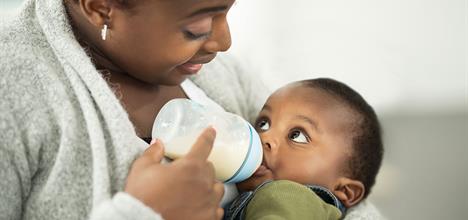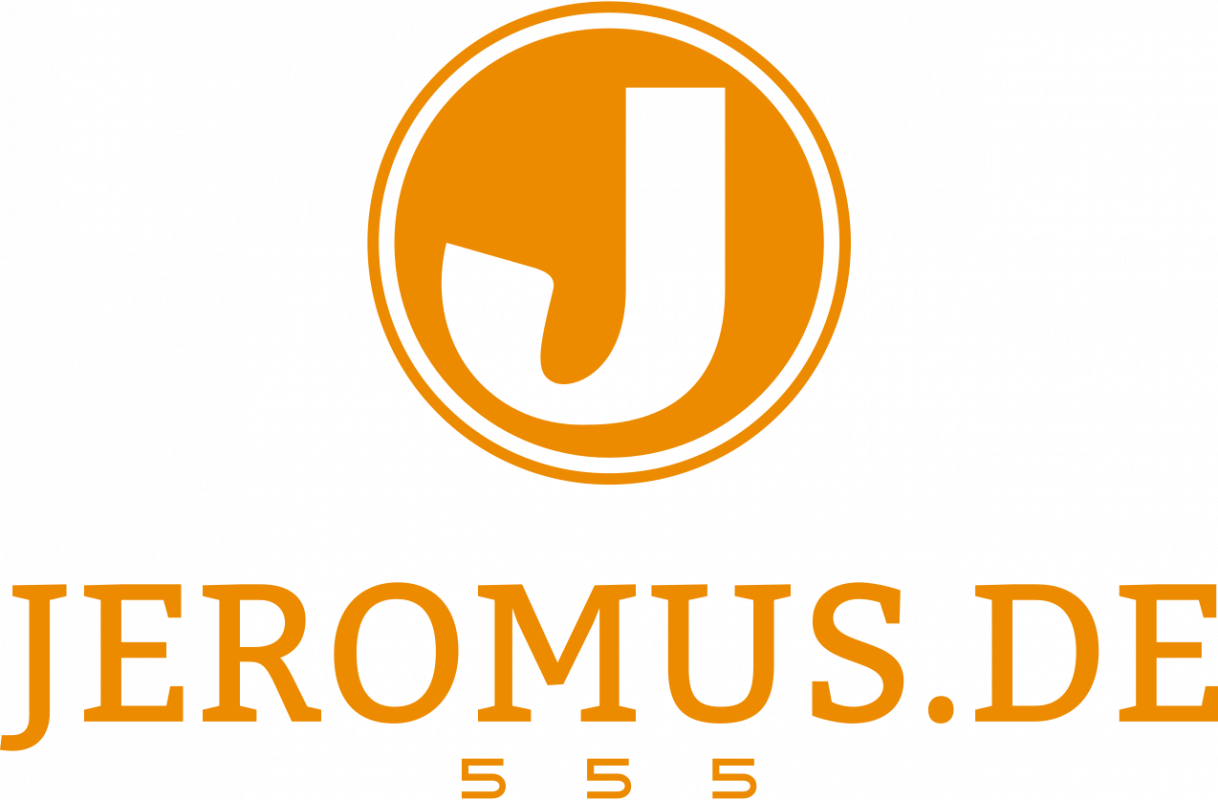Steven A. Abrams, MD, FAAP
Answer

Since the outbreak of COVID-19, there have been significant shortages of infant formulas nationwide. Current shortages have been largely caused by supply chain issues and the recent recall of several baby formula products over contamination concerns.
Here are some tips on finding baby formula during the shortage, and what you may safely consider if you absolutely can’t find any.
Keep in mind, this advice is strictly during this current URGENT formula shortage. If you have any concerns about your baby’s nutrition, please talk with your pediatrician.
What if baby formula is out of stock everywhere I look?
Call your pediatrician if you can’t formula you need for your baby. They may have samples in stock, connections to other local organizations or ideas of other places to call, such as your local WIC clinic. Also consider:
- If you can afford it, buy formula online until store shortages ease. Purchase from well-recognized distributors, grocers, and pharmacies rather than individually sold or auction sites.
- Check social media groups. There are groups dedicated to infant feeding and formula, and members may have ideas for where to find formula. Make sure to check any advice with your pediatrician.
This formula crisis is hitting families who are already grappling with stresses of parenting young children in a pandemic. It can be tempting to buy as much formula as possible right now, but the American Academy of Pediatrics (AAP) advises buying no more than a 10-day to 2-week supply of formula to help ease shortages.
I found small amounts of several different baby formulas. What is the best way to switch among the brands?
For most babies, it is OK to switch to any available formula, including store brands. It is likely that your baby will do just fine with different formulas as long as they are the same type. (The exception would be if they are on certain specialty formulas for medical reasons. Read more below.) If your baby does not like the taste or has a hard time tolerating a different formula, you may want to try gradually introducing small amounts of the new formula mixed with the usual formula. Slowly increase the amount of the new formula.
Be patient, since it may take some time for your baby to get used to a new formula. If you have questions about whether your baby is tolerating the new formula, call your pediatrician.
My infant needs a specialty metabolic baby formula, but I can’t find any. What should I do?
Abbott is releasing limited quantities of Similac PM 60/40 and other metabolic or amino-acid formulas for babies in urgent need. Your pediatrician’s office can fill out a request and, if it is approved, the formula can be shipped to your home. Talk to your pediatrician about safe, comparable specialty formulas for your baby.
Only one brand of baby formula is covered under the WIC program, but I can’t find any. What should I do?
Most states are allowing parents who use WIC benefits to buy other brands of baby formula or different sizes and forms like ready-to-feed formula. To find out what your state is allowing, you can check this map.
I have a 3-month-old infant and can’t find my usual baby formula. What should I do?
This is a very difficult problem. If you can find another similar formula, it’s OK to make the switch. If you use a special formula for allergies or other special health needs, the North American Society For Pediatric Gastroenterology, Hepatology & Nutrition provides a list of comparable formulas here.
Can I add extra water to formula and give my baby a multivitamin to make up the nutrients?
This should never be done. Adding extra water to formula can dilute the levels of protein and minerals, and lead to low sodium levels in the blood and other electrolyte disorders that may require hospitalization. Always follow label instructions or those given to you by your pediatrician.
Can I make my own baby formula? I’ve seen a recipe online using evaporated milk that people say was used safely in the 1940s.
Evaporated milk, also known as unsweetened condensed milk, is a form of concentrated milk. Mixing it with water can cause contamination or an incorrect balance of nutrients.
For similar reasons, AAP does not recommend using homemade baby formula. Although homemade formula was used in the past, it also came with many risks to infants. Online recipes for homemade baby formula have significant safety concerns regarding contamination and nutrient concentration. Using homemade baby formula can harm your infant. Some babies have been hospitalized from reported use of homemade formulas.
What is the earliest age I can start giving my baby solid food to stretch my formula supply?
Solid foods should not be used to stretch baby formula supply. Formula contains all of the nutrients young babies need, while solid foods may not. Infants generally are ready to eat solid food when they are about 6 months old, but it depends on their stage of development. Talk with your pediatrician about when your baby may be ready for solid foods.
Is it safe to get breast milk from a friend or online group?
We can’t know for sure whether breast milk from a friend or online group is safe. It is better to check with a local milk bank that is accredited through the Human Milk Banking Association of North America. To find an accredited milk bank, check here.
I heard the government is importing baby formula from other countries. Is that safe?
The Food & Drug Administration (FDA) is working to verify safe production standards, labeling and shipping of some imported baby formula brands not previously sold in the United States. European baby formulas are regulated by the European Food Safety Agency similar to how the FDA regulates U.S. formula, and are highly reliable.
The most important safety consideration if using imported formulas is to read the label carefully. Many imported formulas use milliliter (ml) rather than ounce (oz) in the mixing directions. If your baby bottles don’t have ml scale markings, you may have to convert from ounces to milliliters. Too much or too little water used with powder or concentrate is dangerous for your baby.
It is also important to select the right imported formula for your baby’s age. Imported formulas may be labeled as “Stage 1” (for the first six months after birth, but generally can be used throughout the first year), and “Stage 2” (just for babies who are over 6 months of age).
Can toddler “formula” substitute for regular baby formula?
Toddler drinks, often found in the formula aisles, are not recommended for infants. However, if you absolutely have no other choice, these products can be safe for a few days for babies who are close to a year of age.
Can I give my full-term baby premature formula?
Formulas designed for babies who were born premature (and have “catch-up” growth to do) can safely be used for a few weeks to feed full-term babies if nothing else is available.
Is cow’s milk a safe alternative to baby formula?
If your child is older than 6 months of age and is usually on regular formula (not a specialty product for allergies or other special health needs), this may be an option. In a pinch, you could feed them whole cow’s milk for a brief period of time (no more than a week).
This is not ideal and should not be done for more than one week. One concern with giving cow’s milk to a baby who is 7-12 months old on a long-term basis is that it does not contain enough iron. This can lead to anemia. If you have to use cow’s milk to feed your infant, ideally do so for as short a time as possible. It’s also important to give your baby plenty of iron-containing solid foods, such as baby food made with meat or iron-fortified cereals.
If you need to give your baby whole cow’s milk for a week during the shortage, talk with your pediatrician.
What about feeding my baby goat’s milk?
Remember that raw goat’s milk, like raw cow’s milk, is not safe for a baby since it has not been pasteurized to kill harmful bacteria. But some goat milk-based baby formulas made in other countries are among those being imported and distributed in the United States to help ease the national shortage. These are considered safe.
Can I use plant-based milk instead of baby formula if needed?
Plant-based milk alternatives generally are not recommended for babies under a year of age. Soy milk may be an option to give babies who are close a year old during the shortage, but not for more than one week. If you can’t find formula and have to use soy milk, be sure to buy the kind that is fortified with calcium and vitamin D. Make sure to change back to formula as soon as some is available. Be especially careful to avoid almond milk or other plant milks as these are often low in protein and minerals. Talk with your pediatrician if you are considering using plant-based milk.
How long can baby formula be used past a “best by” date?
Generally, formula should not be used past the “best by” date because it may no longer be safe or have the required levels of nutrients.
Remember
This is a stressful and scary time for families. Your pediatrician is a resource who can help advise on the best and safest ways to feed formula-fed formula babies during the shortage.
More information
- Ask the Pediatrician: Why are we seeing baby formula brands on the shelves from companies I haven’t heard of before?
- How to Safely Prepare Formula with Water
- How Much and How Often Should Your Baby Eat?
- Choosing a Baby Formula
- Low Milk Supply: 5 Steps That Can Help
- North American Society For Pediatric Gastroenterology, Hepatology & Nutrition Tools for Infants and Children Affected by Formula Shortages
- Helping Families Find Formula During the Infant Formula Shortage (HHS.gov)
